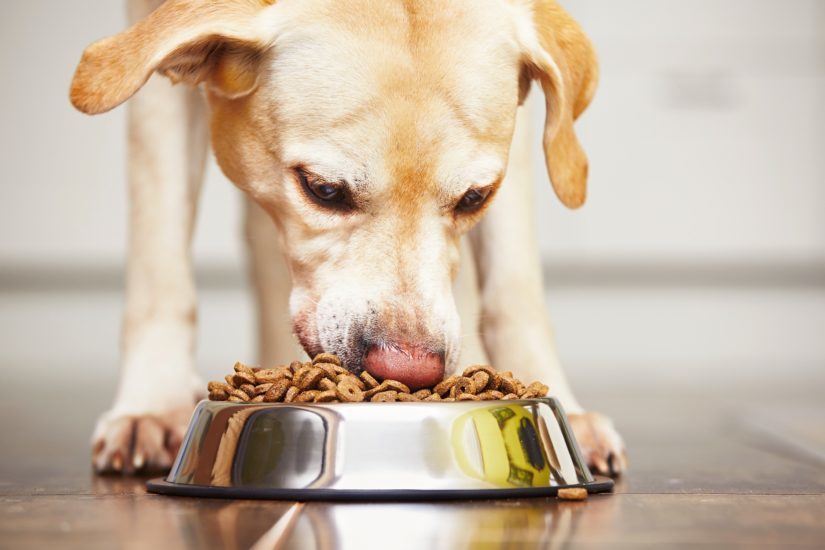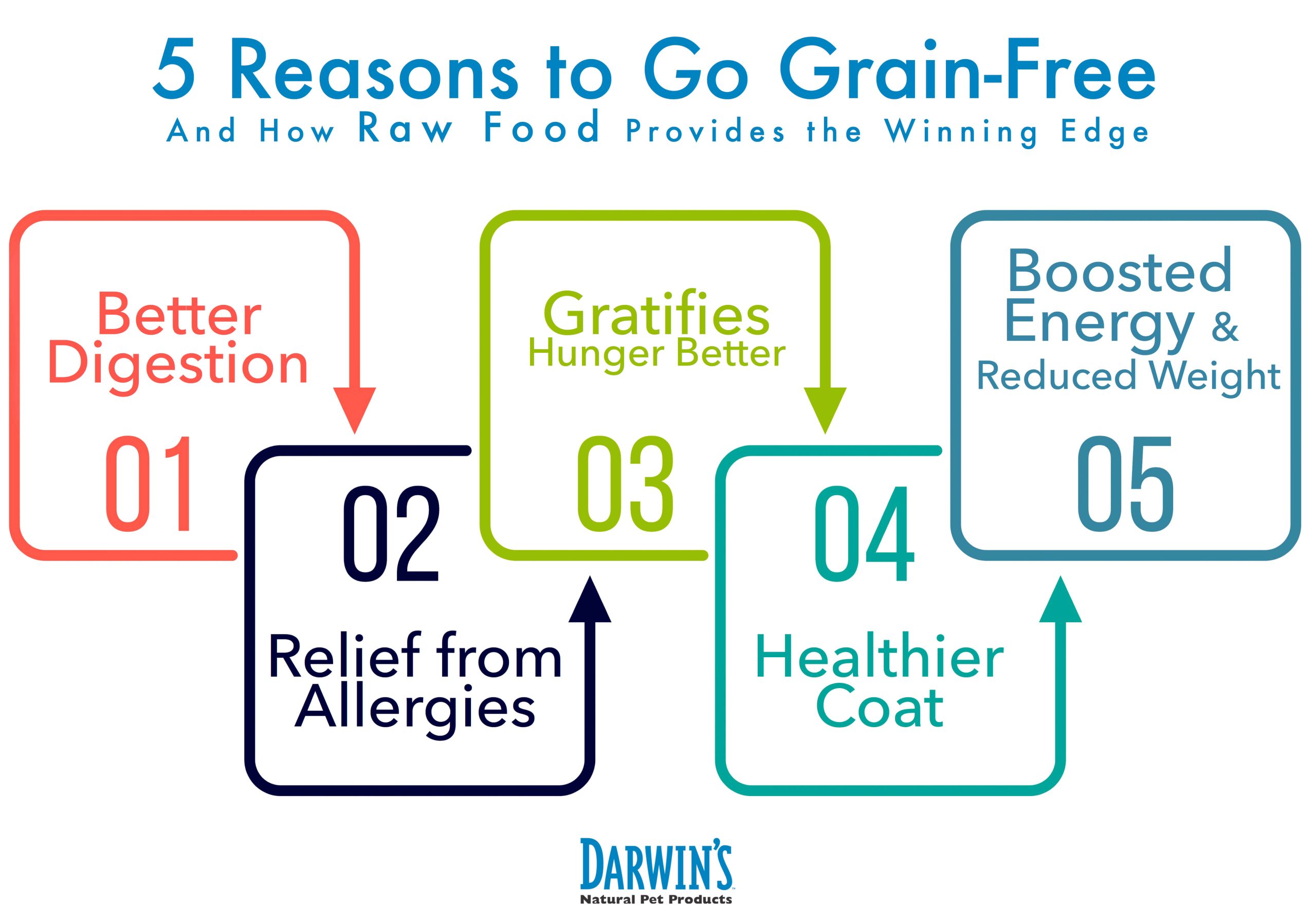When it comes to your dog’s diet, what you feed them matters a lot.
Grain-free dog food is a popular choice for many pet parents.
It can offer a range of health benefits for your beloved pooch.
Let’s dive into the world of grain-free dog food.
And discover why it might be a great option for your dog.
What is Grain-Free Dog Food?
Grain-free dog food is made without grains like wheat, corn, and rice.
It often includes more protein from meat, fish, and eggs.
Instead of grains, it uses ingredients like potatoes and peas.
This type of food is designed to match a dog’s natural diet.
Benefits of Grain-Free Dog Food
- Better Digestion: Grain-free food can be easier for dogs to digest.
- More Energy: Higher protein levels can give dogs more energy.
- Healthy Skin: It can help dogs have healthier skin and coat.
- Less Allergies: It may reduce the risk of food allergies in dogs.
- Weight Control: It can help in maintaining a healthy weight.
Understanding Canine Digestion
Dogs can digest grains, but not as easily as meat.
Their bodies are built to process meat better.
Grain-free dog food can be gentler on their stomachs.
Energy Levels and Protein
Grain-free dog food often has more protein than grain-based foods.
Proteins are essential for your dog’s energy and overall health.
Meat-based proteins can be more beneficial for dogs.
Skin and Coat Health
A good diet is key to a shiny coat and healthy skin.
Grain-free food often has more omega fatty acids.
These are good for your dog’s skin and fur.
Food Allergies in Dogs
Some dogs are allergic to grains.
Grain-free dog food can help prevent allergic reactions.
Always check with a vet if you suspect a food allergy.
Weight Management
Grain-free food can help dogs maintain a healthy weight.
It’s often lower in carbohydrates than grain-based food.
Less carbs can mean less risk of weight gain.
How to Choose the Right Grain-Free Dog Food
Not all grain-free dog foods are the same.
Look for high-quality ingredients and proper nutrition.
Make sure the food meets your dog’s specific needs.

Credit: portlandpetfoodcompany.com
Transitioning to Grain-Free Dog Food
Switching foods should be done gradually.
Mix the new food with the old food over a week or so.
This helps your dog adjust to the new diet.
Is Grain-Free Dog Food Right for Every Dog?
Grain-free isn’t necessary for all dogs.
Some dogs do well on grain-inclusive diets.
Consult your vet to see what’s best for your dog.

Credit: www.thepetexpress.co.uk
Frequently Asked Questions
What Are Grain-free Dog Food Benefits?
Grain-free dog food often provides a higher protein content which can enhance your dog’s muscle strength and energy levels. It’s also a popular choice for dogs with grain allergies or sensitivities, offering a diet that’s closer to their ancestral carnivorous eating patterns.
Is Grain-free Food Better For Dogs?
Not all dogs require grain-free diets, but for those with specific dietary needs or allergies, grain-free options can lead to improved digestion and fewer allergic reactions. It’s essential to consult a vet to determine if it’s a suitable choice for your individual dog.
Can Grain-free Diets Improve Dog Coat Health?
Yes, many pet owners report that switching to grain-free dog food has contributed to a shinier and healthier coat, possibly due to the higher content of animal-based proteins and omega fatty acids which are crucial for skin and coat health.
Do Grain-free Dog Foods Prevent Allergies?
Grain-free dog foods can help prevent allergies in dogs that are specifically allergic to grains. However, grains are not the most common allergens for dogs, and a grain-free diet isn’t a universal solution for all types of allergies.
Conclusion
Grain-free dog food has many potential benefits.
It’s important to choose the right food for your dog.
And always consult with your vet when making diet changes.
Grain-free dog food could be the key to a happier, healthier dog.
